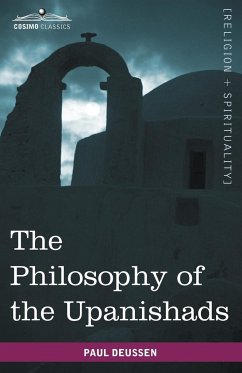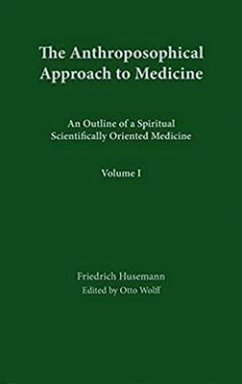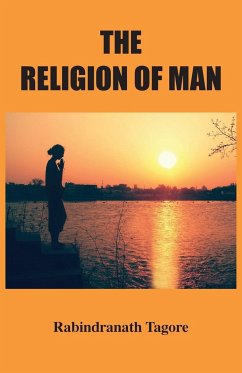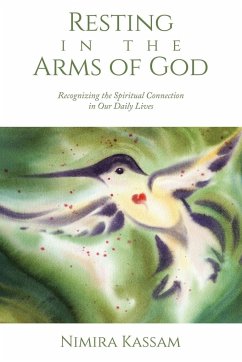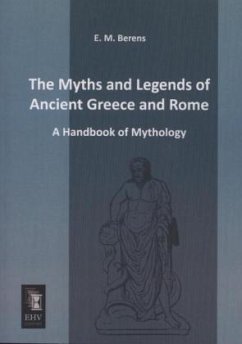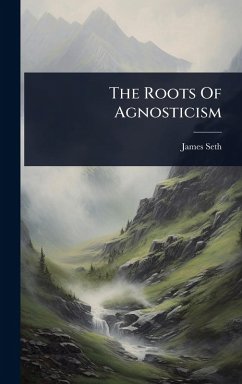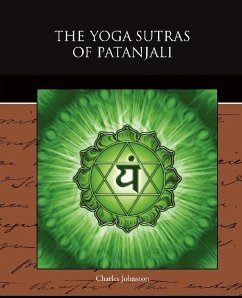
The Yoga Sutras of Patanjali
Versandkostenfrei!
Versandfertig in 1-2 Wochen
14,99 €
inkl. MwSt.
Weitere Ausgaben:

PAYBACK Punkte
7 °P sammeln!
The Yoga Sutras of Pataniali is a foundational text of Yoga. It forms part of the corpus of Sutra literature dating to India's Mauryan period. The introduction begins, "The Yoga Sutras of Patanjali are in themselves exceedingly brief, less than ten pages of large type in the original. Yet they contain the essence of practical wisdom, set forth in admirable order and detail. The theme, if the present interpreter be right, is the great regeneration, the birth of the spiritual from the psychical man: the same theme which Paul so wisely and eloquently set forth in writing to his disciples in Corin...
The Yoga Sutras of Pataniali is a foundational text of Yoga. It forms part of the corpus of Sutra literature dating to India's Mauryan period. The introduction begins, "The Yoga Sutras of Patanjali are in themselves exceedingly brief, less than ten pages of large type in the original. Yet they contain the essence of practical wisdom, set forth in admirable order and detail. The theme, if the present interpreter be right, is the great regeneration, the birth of the spiritual from the psychical man: the same theme which Paul so wisely and eloquently set forth in writing to his disciples in Corinth, the theme of all mystics in all lands." The first book of the Sutras Patanjali is concerned with the emergence of the spiritual man from the veils and meshes of the psychic nature.





